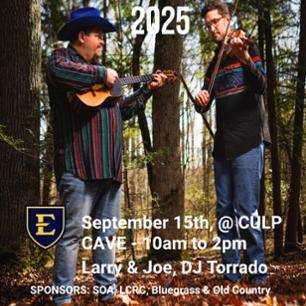
The Hispanic Heritage Month was created during the Reagan administration at the same time the category "hispanic" was included in the census. The words "hispano" and "hispana" were not commonly used by Spanish speakers back then. To this day, people who are from Spanish speaking countries do not use it to refer to themselves. The use of "latino" and "latina" came later with the Puerto Ricans living in New York, and it was embraced by many in an attempt to create an identity that was not related to the colonizer. Why is Hispanic Heritage Month celebrated between September 15 and October 15? Because this time coincides with the commemoration of many countries in Latin America with their independence from Spain. Or close to it, like the Brazilian independence that is celebrated on September 7th. That even includes Mexican Independence, which falls on September 15th and not on May 5th as many think. Altogether, the Hispanic Heritage Month, or Latino Heritage Month, celebrates America by celebrating freedom of the colonized over the colonizer.
 Stout Drive Road Closure
Stout Drive Road Closure